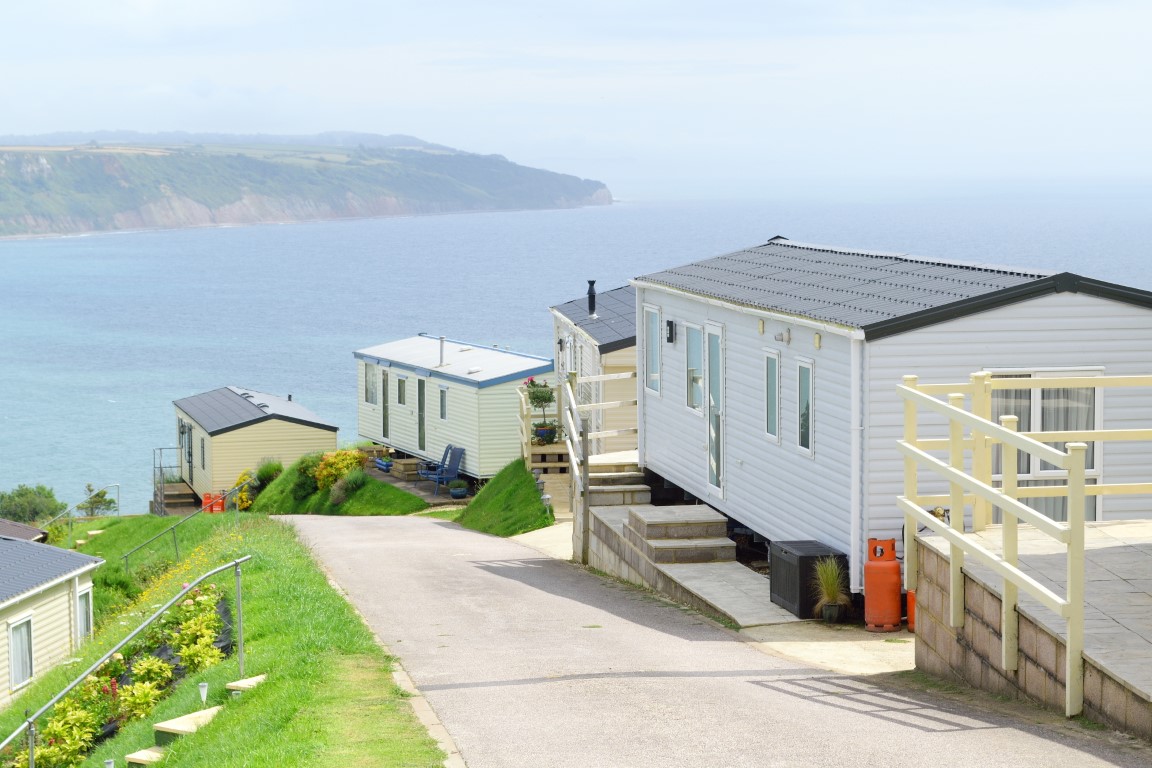Landlord Safety Guide to Carbon Monoxide and Smoke
Comprehensive guide for landlords on enhancing tenant safety with carbon monoxide and smoke detectors. Covers legal obligations, installation, maintenance tips, advanced safety measures, and emergency preparedness to protect rental properties and save lives.

Carbon monoxide is a colourless, odourless gas that can lead to poisoning, while smoke from fires poses immediate health and safety risks. Both hazards can be fatal, making it essential for landlords to implement effective detection systems in their rental properties.
This guide aims to ensure landlords are well-informed to protect their properties and tenants effectively.
Legal Obligations
1. Regulations and Standards: Check local laws and regulations concerning smoke and carbon monoxide detectors. Many jurisdictions require these detectors in rental properties, specifying their number, type, and placement.
2. Compliance: Ensure all installed detectors meet national standards.
3. Documentation: Keep records of all detector installations, inspections, maintenance, and tenant notifications as evidence of compliance.
Installation and Placement
1. Smoke Detectors: Install smoke detectors in every bedroom, outside sleeping areas, and on every level of the property, including basements. Mount them on the ceiling or high on walls, avoiding corners where air does not circulate.
2. Carbon Monoxide Detectors: Place CO detectors on every level of the home, near sleeping areas, and according to manufacturer's instructions. Do not install them near windows or areas where they might be exposed to direct sunlight or extreme temperature changes.
Maintenance and Testing
1. Routine Checks: Test smoke and carbon monoxide detectors monthly by pressing the test button and replace batteries at least once a year or as needed.
2. Professional Inspection: Consider annual professional inspections to ensure devices are functioning correctly and to evaluate their placement.
3. Replacement: Follow the manufacturer's guidelines for the lifespan of each detector (usually 5-10 years for CO detectors and up to 10 years for smoke alarms) and replace them as necessary.
Tenant Responsibilities
1. Educate Tenants: Inform tenants about the dangers of carbon monoxide and the importance of smoke detectors. Provide instructions on what to do if an alarm sounds.
2. Reporting: Encourage tenants to report any issues with detectors immediately and never to disable them.
Action Plan for Alarms
1. Evacuation Plan: Ensure tenants have a clear evacuation plan in case of an alarm. This plan should include safe meeting points outside the property if in a block of flats.
2. Emergency Contacts: Provide tenants with a list of emergency contacts, including local fire and emergency services, poison control centres, and property management contact information.

Advanced Safety Measures
To further elevate the level of safety in your rental properties, here are some additional steps you can take:
1. Smart Detectors: Upgrading to smart detectors offers the advantage of remote monitoring. These devices can notify you via smartphone if they detect smoke or carbon monoxide, allowing for swift action, even when you're not on-site.
2. Interconnected Alarms: Implementing interconnected smoke alarms can enhance safety by ensuring that when one alarm sounds, all alarms throughout the property do so simultaneously. This feature is crucial for larger homes or multi-story buildings, helping to ensure that all occupants are alerted simultaneously, regardless of where the alert originates.
3. Combination Detectors: Consider installing combination detectors that can detect both smoke and carbon monoxide. This approach simplifies installation and maintenance while ensuring comprehensive protection against both threats.
4. Regular Safety Audits: Conducting periodic safety audits can help identify potential hazards before they become serious problems. This includes checking for proper ventilation, ensuring that all fuel-burning appliances are functioning correctly, and verifying that exits and escape routes are clear and accessible.
5. Educational Sessions: Offering educational sessions for tenants about fire safety and carbon monoxide poisoning can significantly enhance their ability to respond appropriately in an emergency. Topics might include the use of fire extinguishers, the importance of not ignoring alarms, and how to check and replace batteries in detectors.
6. Emergency Kits: Encourage tenants to maintain emergency preparedness kits in their units, including items such as flashlights, batteries, a first-aid kit, and a portable charger. Providing a list of recommended items can be a valuable addition to your tenant welcome package.
Communication is Key
Maintaining open lines of communication with your tenants about the importance of safety measures cannot be overstated. Regular updates, reminders about testing detectors, and providing a forum for safety-related questions or concerns can foster a proactive safety culture within your properties.
Legal and Insurance Considerations
Finally, staying informed about changes in local regulations and ensuring that your property and landlord insurance is up to date for safety requirements is essential. Proper documentation of all safety measures and compliance efforts can be invaluable in the event of an incident.
By adopting these advanced safety measures and fostering a culture of safety and awareness, landlords can significantly reduce the risks associated with carbon monoxide and smoke, ultimately protecting their tenants and their investment.




